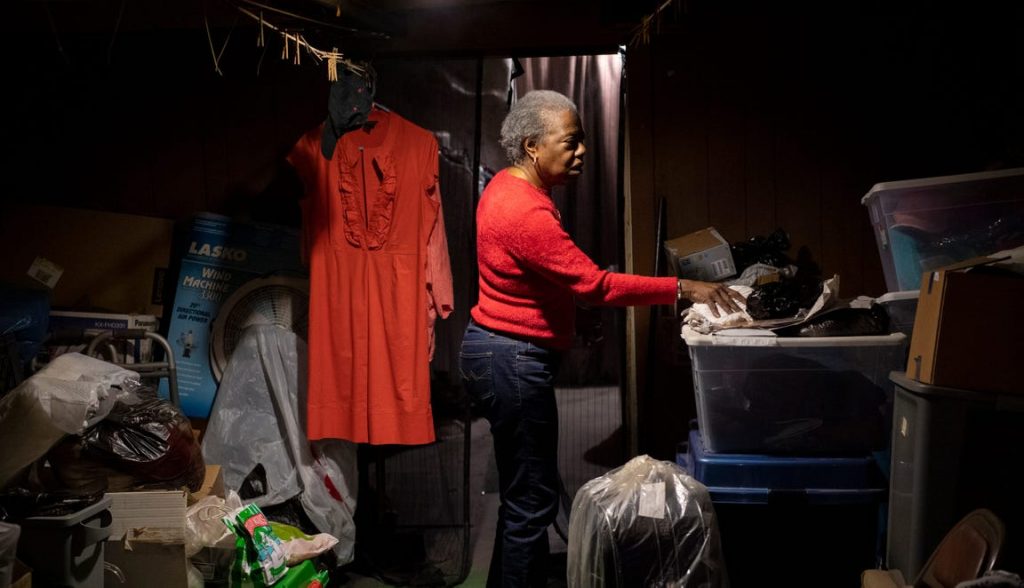Urban African American neighborhoods are hardest hit as nearly 100,000 loans have failed.
In a stealth aftershock of the Great Recession, nearly 100,000 loans that allowed senior citizens to tap into their home equity have failed, blindsiding elderly borrowers and their families and dragging down property values in their neighborhoods.
In many cases, the worst toll has fallen on those ill-equipped to shoulder it: urban African Americans, many of whom worked for most of their lives, then found themselves struggling in retirement.
Alarming reports from federal investigators five years ago led the Department of Housing and Urban Development to initiate a series of changes to protect seniors. USA TODAY’s review of government foreclosure data found a generation of families fell through the cracks and continue to suffer from reverse mortgage loans written a decade ago.
These elderly homeowners were wooed into borrowing money through the special program by attractive sales pitches or a dire need for cash – or both. When they missed a paperwork deadline or fell behind on taxes or insurance, lenders moved swiftly to foreclose on the home. Those foreclosures wiped out hard-earned generational wealth built in the decades since the Fair Housing Act of 1968 .
Leroy Roebuck, 86, rode the bus his entire career to a nearby curtain manufacturer. When he needed to make home repairs, he turned to reverse mortgages after seeing an ad on television.

